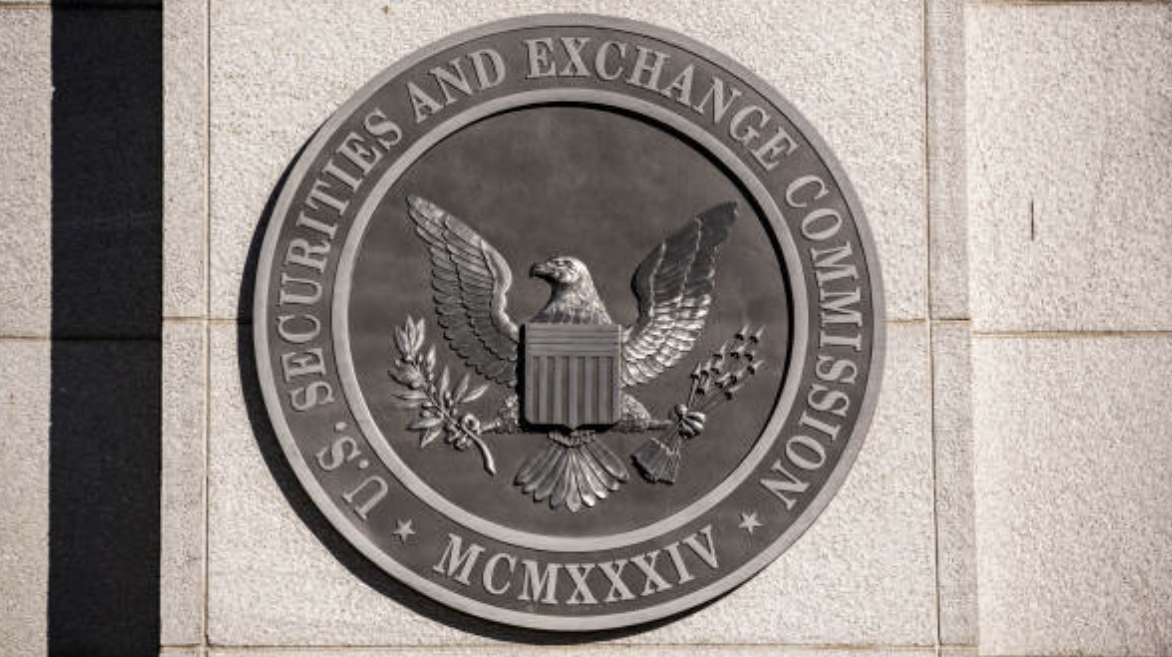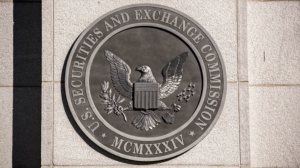Join Our Telegram channel to stay up to date on breaking news coverage
The United States Securities and Exchange Commission (SEC) is looking to modify its penalty against LBRY, a decentralized content platform, as it acknowledges the difficulty of LBRY being able to pay the original $22 million fine.
LBRY Faces Reduced Penalty as SEC Adjusts Fine to Reflect Financial Situation
The SEC has filed a request for remedies in a New Hampshire District Court, seeking to amend the penalty.
Instead of the initial $22 million civil penalty, which represents the amount LBRY allegedly gained from the sale of its token LBRY Credits (LBC), the SEC is now proposing a reduced fine of $111,614 due to LBRY’s current financial situation and near-defunct status.
Furthermore, the SEC has dropped its separate request for disgorgement of $22 million, which refers to the funds the SEC claimed LBRY illegally acquired from the sales of LBC tokens.
In addition to the modified fines, the SEC is also seeking an order to prohibit LBRY from conducting future unregistered offerings of crypto asset securities.
The Securities and Exchange Commission acknowledges LBRY’s assertion that it is no longer operational, ceasing its activities, and facing financial constraints that hinder its capacity to pay a more substantial fine. The defendant’s ability to fulfill financial obligations is a crucial aspect taken into account when determining the appropriate civil penalty, as mentioned in the SEC’s submission.
The SEC emerged victorious in the case in November 2022, with the presiding judge also ruling that LBC tokens should be classified as securities.
The choice to decrease the penalty is regarded as a middle ground, striking a balance between the objective of deterring future violations through a penalty and LBRY’s limited financial capacity to fulfill the initial sum.
In response to the SEC’s original request for a $22 million fine, LBRY argued in a December filing that the amount was unreasonable and failed to account for the company’s legitimate business expenses. LBRY stated that the SEC’s calculation was based on rough estimates and lacked support from the available records.
LBRY expressed concerns about its future viability, stating in December 2022 that it is likely to face imminent closure due to the weight of legal and SEC debts.
Advocacy Group Stands with Crypto Industry Against SEC’s Regulatory Strategy
While the SEC’s move to adjust the fine for LBRY may be perceived as a kind gesture, investors, crypto companies and the community remain critical of the agency, and so does The U.S. Chamber of Commerce.
Recently the U.S. Chamber of Commerce voiced its support for Coinbase and the crypto industry, criticizing the Securities and Exchange Commission’s (SEC) regulatory approach.
In a court filing on May 9th, the advocacy group presented several arguments, accusing the SEC of intentionally creating confusion by asserting broad authority over digital assets while employing an inconsistent and enforcement-focused strategy.
The Chamber further argued that the SEC undermines due process, administrative law, and good governance by failing to establish a clear regulatory framework for the industry. It claimed that the regulator has embarked on a campaign to punish crypto firms for not complying with a law that they did not fully understand or know how it applied to them.
Highlighting the growth of the crypto industry into a trillion-dollar market in 2021, the Chamber emphasized that the SEC’s regulatory uncertainty has hindered further investment and broader adoption of digital asset products.
Despite the diligent attempts of crypto firms to comply, the advocacy group emphasized that they still encounter unacceptable risks as a result of the prevailing regulatory ambiguity.
One key issue raised by the Chamber was the differing classifications of Ethereum (ETH) between the SEC and the Commodity Futures Trading Commission (CFTC). While the CFTC views ETH as a commodity, the SEC’s statements regarding digital assets have been characterized as confused and conflicting.
Citing these concerns, the Chamber argued that the SEC’s actions violate Constitutional Due Process and Fair Notice Rights. It further stated that the regulator’s failure to provide regulatory clarity has impeded the growth of the crypto industry and characterized its approach as both harmful and unlawful.
The Chamber concluded by asserting that digital assets are in need of comprehensive rulemaking to address the current regulatory gaps and uncertainties.
XRP Holders’ Lawyer Joins Hands In Questioning SEC’s Practices
The U.S. Chamber of Commerce wasn’t alone in criticizing the SEC’s approach to cryptocurrencies. Renowned advocate for cryptocurrencies and representative of XRP holders, John Deaton, recently shared his strong reservations about the Securities and Exchange Commission (SEC) and its functioning.
Taking to Twitter, Deaton expressed his belief that the commission, as an institution, is fundamentally flawed and no longer upholds its core mission of regulatory oversight and protection.
Deaton expressed his concern over the commission’s reliance on outdated cases from decades ago in its legal briefs, arguing that this approach fails to provide sufficient guidance and clarity to the evolving crypto industry.
He highlighted significant events that should have shaped the SEC’s perspective on digital assets. In particular, he mentioned the public speech by William Hinman, a former SEC official, in 2018, which outlined the commission’s stance on cryptocurrencies.
In 2019, the SEC issued a framework for “investment contracts,” indicating that virtual currencies used for payments and as fiat substitutes are unlikely to be classified as securities under the Howey test.
Deaton emphasized that XRP had already been recognized as a virtual currency by various governmental bodies, further casting doubt on the SEC’s recent actions concerning XRP. Former SEC chairman Jay Clayton’s agreement with Hinman’s viewpoint further complicates the regulator’s stance, according to Deaton.
Given the SEC’s crucial role in regulating the rapidly expanding crypto industry, Deaton’s critique underscores the need for a comprehensive evaluation of the agency’s practices and policies to ensure they align with the dynamic nature of the digital asset landscape.
As calls for reform grow louder, the debate surrounding the SEC’s effectiveness and its impact on the crypto market is expected to intensify in the coming months.
Related Articles
Best Wallet - Diversify Your Crypto Portfolio
- Easy to Use, Feature-Driven Crypto Wallet
- Get Early Access to Upcoming Token ICOs
- Multi-Chain, Multi-Wallet, Non-Custodial
- Now On App Store, Google Play
- Stake To Earn Native Token $BEST
- 250,000+ Monthly Active Users
Join Our Telegram channel to stay up to date on breaking news coverage


